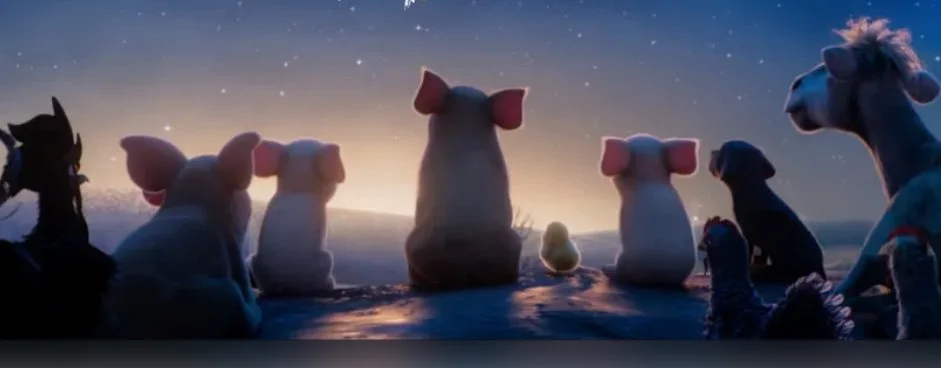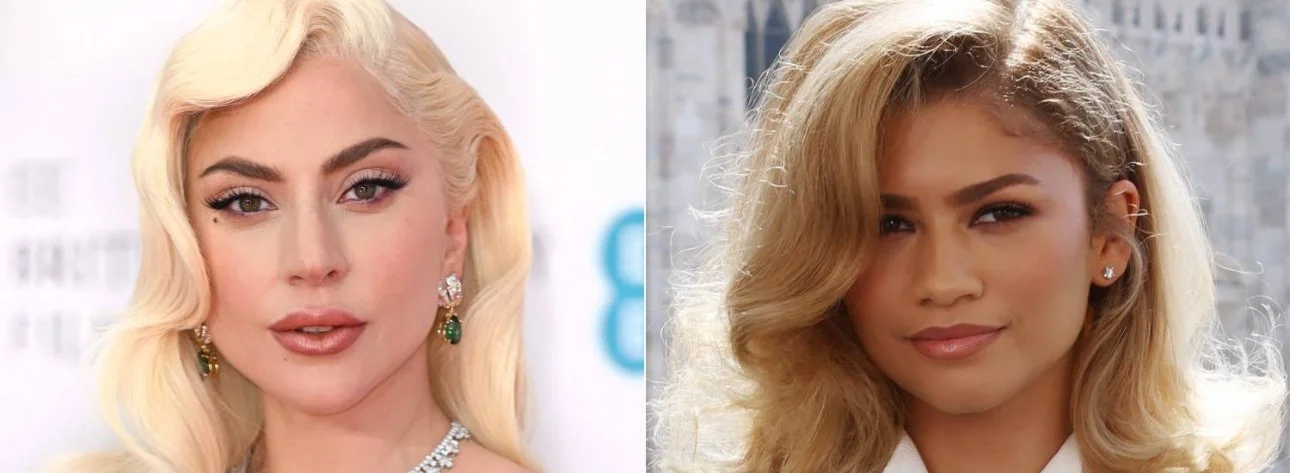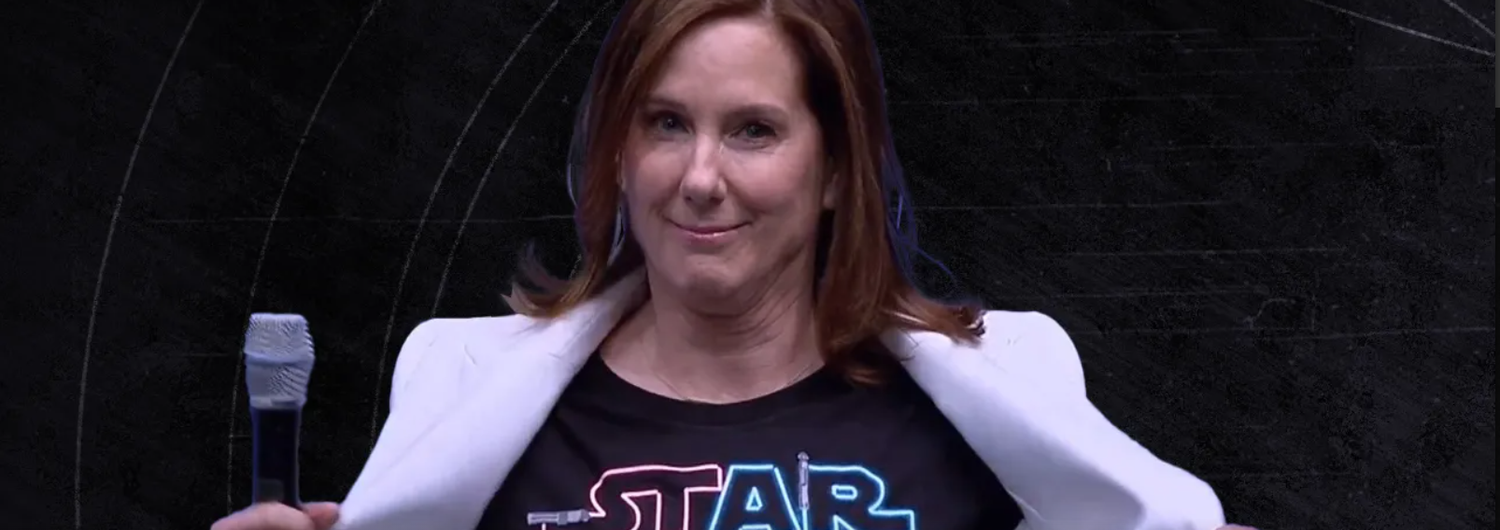The South by Southwest Film Festival is wrapping up this weekend. I had a more or less enjoyable time screening films these last few days. Of course, the virtual component did stagnate the quality of the lineup, so did the fact that we’re now entering a phase in the industry where the well is running dry and not enough new films are being made to fully compensate for a large-scale film festival. That’s why Sundance, Berlin, and now SXSW shortened the duration of their virtual editions this year.
I sadly haven’t seen “The Fallout,” which just won the top prize. I’ll get to it soon enough. In fact, it seems to be the only major title I missed. As I was quarantining in Canada during the duration of the festival, many titles were Georestricted for U.S. viewing only. This led to my having to rely on publicists to send over private screening links so that I could stay updated with whatever I was missing.
I wasn’t really sure how to cover this edition of the Austin-based fest; daily journals would have felt like overkill considering I wasn’t wowed by many titles, ditto solo reviews, but maybe getting down to the nuts and bolts of it all would be the best way to go about it. And so, I narrowed down the lineup to a handful of films that you may be hearing more of in the coming months. If you notice, the “COVID movie” is an actual thing — a personal movie whose director finds social distancing loopholes to pull off the inevitable: shooting a feature-length film during a pandemic.
Here are some of the highlights of SXSW 2021:
“Swan Song”
Udo Kier is given the role of a lifetime in director Todd Stephens’ flamboyant ode to the German actor. Kier plays a hairdresser who takes a long walk across a small town to style the hair of a former client who has passed away. The episodic script, which has Kier’s Queen bumping into an assortment of small-town Americana figures, is mostly an excuse to film his flamboyant character getting into surreal interactions. It’s a slight movie, one that feels generally effortless in its limited ambitions, and too-thinly sketched to reveal anything beyond camp. Clocking in at an overlong 105 minutes, it doesn’t necessarily enhance gay stereotypes as much as just embrace them wholeheartedly.
“Recovery”
Don’t listen to the naysayers, it’s never “too soon” to make a comedy about COVID-19. We need the laughs. That’s why writers-actors Whitney Call and Mallory Everton’s goofy romp, about two directionless sisters braving a cross-country road trip to rescue their grandmother from a COVID outbreak at her nursing home, goes down easy. Filled with witty dialogue, seamlessly delivered by the two stars in the form of back and forth mantras, this pandemic-shot film makes fun of COVID rituals such as overt hand-sanitizing, and mask-wearing, but with nary a focus on actual storytelling. It’s all too centered on the punchlines of jokes rather than bringing any cohesive form to the narrative. However, it turns out to be a much-welcomed distraction about what we’re trying to distract from. Touché.
“Language Lessons”
A Spanish teacher and her student develop an unexpected friendship in Natalie Morales’ “Language Lessons,” a COVID-era shot mumblecore production starring Mark Duplass and Morales herself. In fact, they are the only two actors we see in this film which has a narrative driven by Zoom-like chats and video voicemails. He’s Adam, his husband surprises him with weekly Spanish lessons. She’s Cariño, his online teacher, residing in Costa Rica. However, when an unexpected tragedy turns his life upside down, Adam decides to carry on with the lessons and ensuingly develops a complicated emotional bond with his teacher. It’s a classic set-up of an unlikely friendship. Cuban-American actress Natalie Morales, manages to shift the film from comedy to drama to tragedy in unexpectedly surprising ways, but it’s the actors’ heartfelt performances, with the two protagonists gradually growing fond of each other, that drive this evolving relationship drama home. This is a modern, bittersweet, honest, but slight take on the 21st-century romcom.
“Tom Petty: Somewhere You Feel Free”
Presented as the festival’s centerpiece, this documentary is an in-depth look at the recording of what many believe to be Tom Petty’s best and most personal album: 1994’s “Wildflowers.” Shot in 16mm black-and-white, the in-studio footage, only recently discovered, is a track-by-track account of the seminal work. You also get Petty’s band members and friends talking about the late artist and the album, including Petty’s daughter, producer Rick Rubin and Heartbreakers guitarist Mike Campbell. And yet, we’re always at a distance about Petty’s personal turmoil during the recording of this album, he was supposedly filled with demons throughout, but we never truly know why. If you’re not already a Petty fan, then this is not the film for you, there isn’t a lot of exposition to explain many of the subjects being tackled here. For everybody else, “Somewhere You Feel Free” is damn-close to musical nirvana.
“Not Going Quietly”
Nicholas Bruckman’s “Not Going Quietly“ follows leftist activist Ady Barkan a long-time fighter for healthcare and social justice. In 2015, Barkan was diagnosed with ALS, causing the deterioration of his motor and vocal skills. By all accounts, he was going to retire from the activism game to focus on illness and his family, but then Donald Trump got elected, and Barkan was denied a ventilator by his insurance company, which deemed the machine “experimental.” That’s when Barkan decided to go on the road with his PAC on the “Be A Hero Tour.” He set out on a cross-country tour to demand healthcare reform, confronting politicians, such as Arizona Senator Jeff Flake, to vote against a bill that would destroy health care for millions of Americans. The documentary follows Barkan on the tour, his condition seemingly getting worse by the day until he is rendered too sick and immobile to continue. It’s a film meant to be both inspiring and conducive to the severity of this nasty disease.
“Introducing Selma Blair”
Another uneasy watch was Rachel Fleit’s doc on actress Selma Blair (“Legally Blonde”). Blair was diagnosed with multiple sclerosis in 2018 and, unlike Barkan in “Not Going Quietly,” we can already see in the first scene the physical effects of the MS, as Blair’s speech slurs and her body breaks down during interviews. And yet, it’s the actress’s spirited personality that makes the film somewhat less harrowing to watch. Eventually, Blair travels to Chicago for a risky stem cell transplant that could either tame down the M.S. or kill her. Beforehand, she makes plans for her own funeral, hiding the emotional and physical pain from her young son so he won’t remember her “like this.” Director Rachel Fleit, given incredible access to the actress, shoots Blair’s grueling five days of chemotherapy at the clinic, the goal is to break down her immune system so the treatment can build it anew again — some of the film’s toughest scenes come through in this segment. The result is incredibly intimate stuff and a testament to Blair’s courage and strength.
“The Lost Sons”
1960s Chicago, a baby named Paul Fronczak is kidnapped from a hospital. Fifteen months later, a toddler is abandoned in New Jersey and identified as Fronczak. Was it the same baby? Reunited with his parents, Paul went on to live a life well into his 50s before realizing that maybe he wasn’t who he was told he was. Ursula Macfarlane’s documentary has so many twists and turns that many of its lingering mysteries aren’t fully answered by the film’s end. Bottled-up family secrets spring up as Fronczak decides to hire Macfarlane and investigate his genetic pillage, the result is a deep dive into a fascinating rabbit hole, as his existential crisis, not to mention his obsession with the case, starts to interfere with his marriage. As “The Lost Sons” goes along, we desperately want Paul to find answers, not just because of how much we care for him, but also due to our undeniable human instinct of desperately wanting closure.






